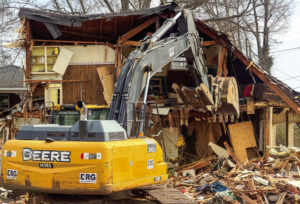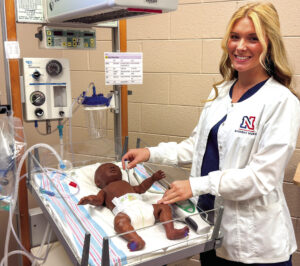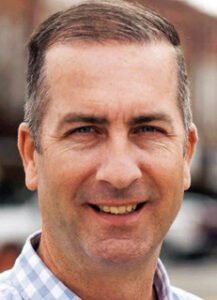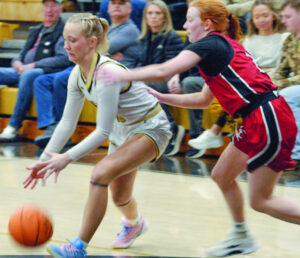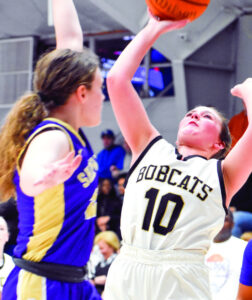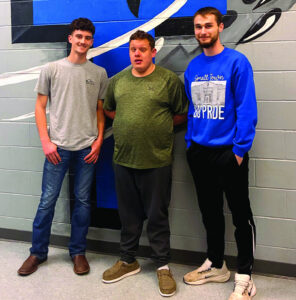Military service is family’s legacy
PHIL CAMPBELL — Members of Emily Scott’s family have for decades worn a uniform, a tradition that began before she was born and continues through her son.
Scott joined the Army Reserve in 1987, beginning as a medic before becoming a licensed practical nurse. When Operation Desert Storm began, she was activated and sent to Fort Lewis in Washington state, where she worked in a military hospital.
Her unit handled medical readiness for troops headed overseas, giving shots, taking baseline blood samples, and checking overall health before deployment.
They repeated the process when soldiers returned to compare results and watch for possible changes.
She later served a year at Fort Bragg, North Carolina, as part of a unit supporting others preparing to deploy. Her original hospital was split into smaller teams across the country, with members sent to sites from Wisconsin to New Jersey.
Scott returned home to California after her activation and continued working in the medical field. She later moved to Michigan, then to Franklin County, where she now lives in the Gravel Hill community outside Phil Campbell.
She said she was drawn to a quieter, safer place for her children after city life became too hectic.
“When they started turning our road into a drag strip and my kids almost got hit, I said it was time to go,” she said.
Scott and her late husband, Christopher, married before her planned deployment. The two raised her son, Daniel Kearns, and later welcomed daughters Crystal, 15, and Raina, 13.
Kearns also served in the Army as a helicopter mechanic. He said the experience taught him teamwork and resilience — lessons that have stayed with him long after leaving the service.
Since returning home, Kearns has spoken about the challenges many veterans face, including mental health struggles and homelessness. He said the suicide rate among veterans remains far too high, and he believes the issue deserves open discussion rather than silence.
Kearns said some veterans hesitate to seek medical care, or don’t realize what resources are available through the Department of Veterans Affairs. He recalled meeting an older veteran who didn’t know he could receive both retirement and disability benefits.
“There are people who fall through the cracks,” Kearns said. “A lot of them just need someone to listen and to help them figure out what’s out there.” Scott said she and her late husband saw many of those same struggles through their own work with other service members and the Veterans Administration. She remembered participating in “stand-down” events in California, where veterans could connect with job opportunities, counseling and medical help — an effort she called vital for those trying to get back on their feet.
Her husband served in Iraq as an interrogator, working closely with intelligence personnel. Scott said his patience and sharp mind made him well suited for the role.
He returned home with health issues that affected him for years before his death three years ago.
Now settled in the Gravel Hill community, Scott said she and her daughters, Crystal and Raina, enjoy life on their small farm.
Also on the farm are their Gypsy Vanner and Tennessee Walker horses, along with cows and dogs that help make the countryside feel like home.
“It’s just lovely,” she said. “Our neighbors treat us like family, and it’s been wonderful.”
Scott’s unit, the 921st MASH (Mobile Army Surgical Hospital) continues to hold reunions decades later, a bond she said reflects the strength of those who served together.


